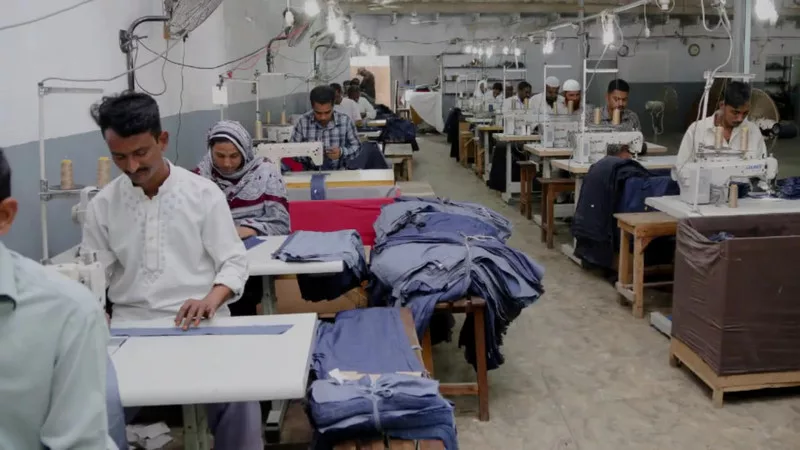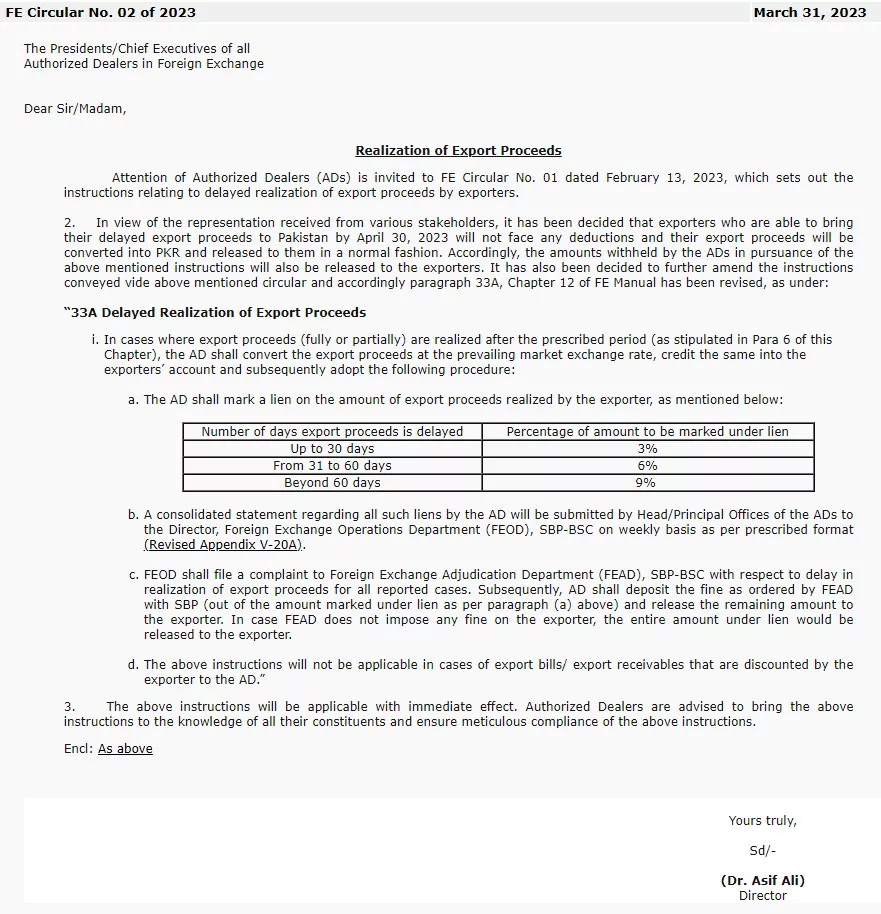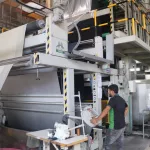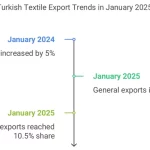
The Senior Vice Chairman Syed Usman Ali along with the prominent exporters of the Towel Manufacturers Association showed their significant level of concern about the anti-exports government policies which are hurting the country’s exports badly. They said that our economy is passing through a very crucial time and we should jointly work for the growth of our economy particularly for the export sectors of Pakistan.
The Senior Vice Chairman of TMA said that the business community especially the exporters stood with the government to surpass its revenue generation target despite all odds but the government should come forward with compressive planning and facilitate the business community/exporters so that they can play their significant role effectively for the growth of the economy as well as collection valuable foreign exchange for the country as well. The SBP issued FE Circular No. 02 of 2023 wherein the exporters are again left facing a new difficult situation. If exporters receive their export proceeds late/after the due date, the banks will mark lien 3 percent, 6 percent or 9 percent according to its delayed period.
The SBP and the Ministry of Commerce should realize that the exporters of this country are the backbone of the economy and they are bringing billions of dollars for the beloved country. The Senior Vice Chairman said that our government should facilitate/appreciate the exporter’s role in earning billions of dollars for the national exchequer rather than penalize them. He further said few exporters are exporting their manufacturing goods to Nigeria and other African countries and unfortunately, Nigeria and other African countries have a similar problem of forex as Pakistan is facing nowadays, therefore, the importers of these countries take time to release their payment against imported textile goods.
Nigeria and other African countries have made a priority list for releasing foreign exchange against the imports of goods. Unfortunately, textile imports are the lowest number on the priority list of Nigeria. Hence, our exports are receiving their export proceeds late/after the due date and the SBP penalizes them instead of facilitating to exporters as well as appreciating their positive efforts/role in the growth of exports.
Another problem faced by the exporters is that after the lien marked against the late repatriation of export proceeds, they have neither received any notice from the SBP adjudication department nor received the amount of the marked lien. The amount of marked lien increased sharply and the exporters are facing severe problems with cash flow which is another factor hurting our exports. Unfortunately, our exports are showing continuously declining trend which needs to be arrested on top priority basis otherwise our economy may reach the point of no return.
The SBP made an excellent decision and established a facilitation desk for the exporters to address the exporter’s grievances/problems but the officials of this help desk are not performing up to the mark as exporters need to resolve their problems on top priority in a day or two day. He added that we are forwarding our problems to the SBP export facilitation desk but the matters are still unresolved.
He furthermore clarified the misconception in government circles that the exporters willingly delay their remittances from abroad in order to gain the benefits of the currency devaluation which is absolutely wrong. Every exporter is trying their best to repatriate their amounts as early as possible. For this purpose, from time to time, exporters remind their buyers to release their payments well before time to improve their cash flow. It must be noted that the exporters also have liabilities to pay against their purchases which they have to pay in a timely manner in order to continue their business smoothly. The timely remittance ensures that their cash flow runs smoothly so they can continue their production and exports. Delays in the remittances cause supply chain issues which is the most difficult situation for the exporter. He further added that another factor which is hurting the export sectors is pending sales Tax refunds with the FBR. The exporters always emphasized the restoration of zero rating is entirely needed of the hour and billions of rupees are stuck up with the FBR which is creating a financial crunch for the exporters.
In the export sector, 90 percent of production is being exported while only 10 percent is being used domestically. This massive cycle of sales tax collection and refund operates for a collection of Sales Tax, and as a result, exporters suffer in the form of delayed, deferred, and pending refunds. This is the main reason why the textile industry wants RESTORATION OF THE SRO 1125 i.e. NO PAYMENT NO REFUND for the entire textile value chain which will provide the additional working capital requirement to the industry.”
“We are already paying high gas tariffs in the region, therefore the export-oriented sector is unable to observe the exorbitant hike in gas prices. The biggest victims of the gas tariff enhanced decision would be the SMEs and export sector because they do have not sufficient resources and are working on marginal profit. It will be very difficult for the SMEs/export sector to continue their manufacturing activities in the countries. Unfortunately, the Finance Minister announced further hike in gas prices in the month of January 2024 which is completely unacceptable for the exporters and next to impossible to carry on manufacturing activities in the country. Gas, electricity and water are the basic raw materials for the process of textile manufacturing goods timely. How we can increase textile exports with two days of weekly gas holidays in the hub of textiles, Karachi while we are facing low gas pressure thrice a week. From time to time the government increases the cost of electric tariffs which increases our incompetency in the international market as well as it also increases the cost of doing business. Earlier, when the government was offering concessionary rates to the five export-oriented sectors, the textile exporters were paying Rs19.99/kWh but discontinued from 1st March and now exporters are paying Rs55/kWh.” The cost of electricity should be at par with regional countries.” – Syed Usman Ali
Syed Usman Ali urged the economic managers/institutions to provide a level playing field to the exporters of the country so that they can compete with the regional countries in the international market. It will also impact our national reserves, generate employment and more tax collection for the national kitty. We should also make a comprehensive plan to get rid of the IMF and its unnecessary and ruthless conditionality which evaporates any possibility of business and economic growth.






